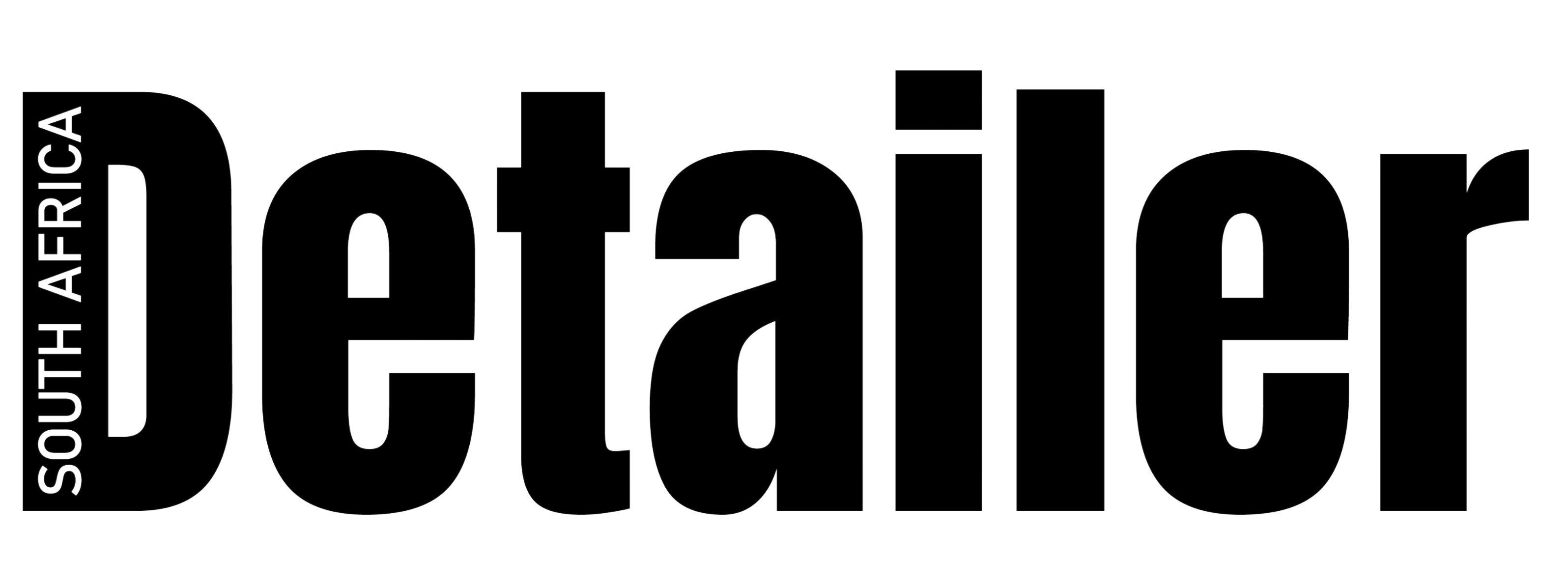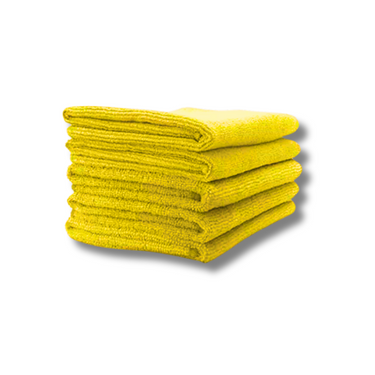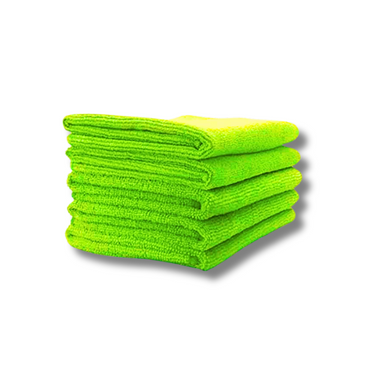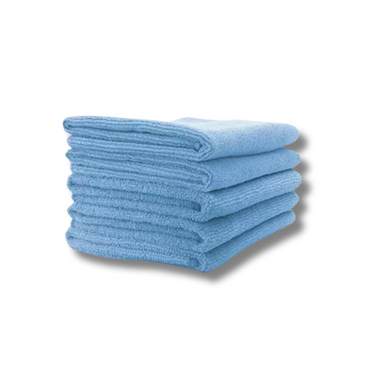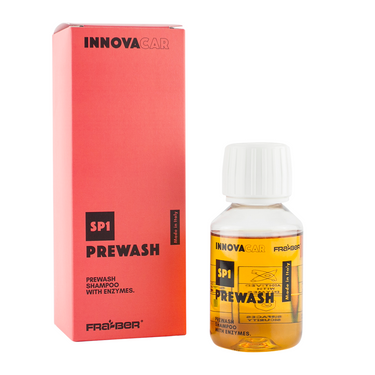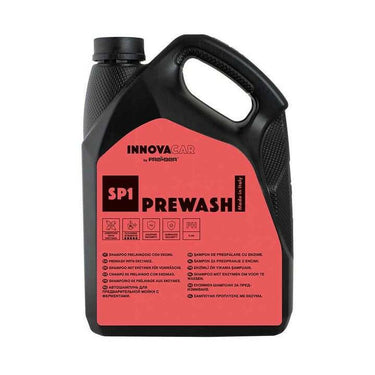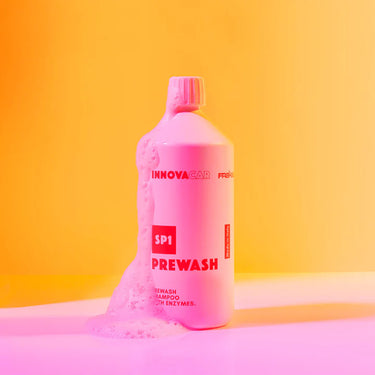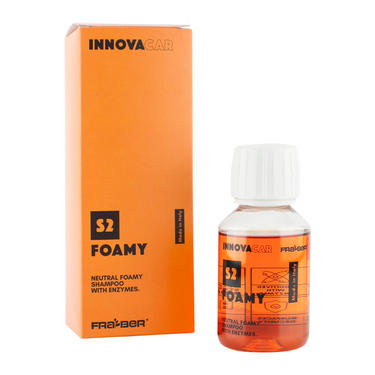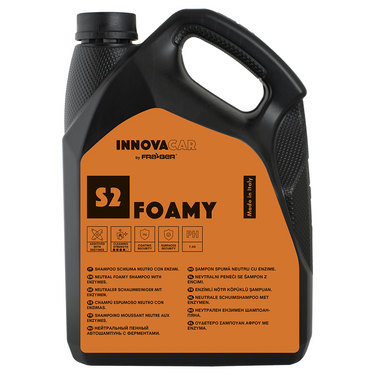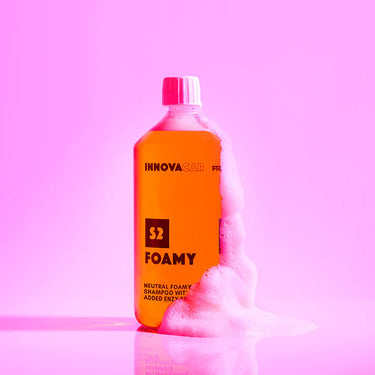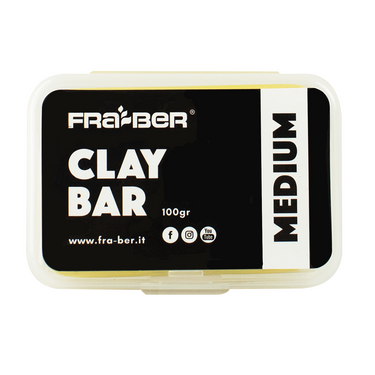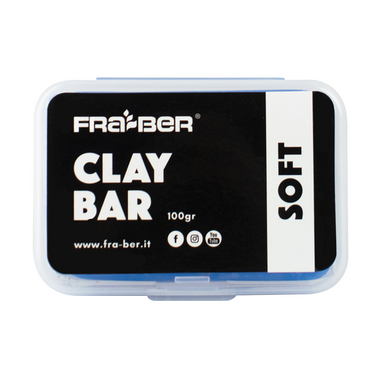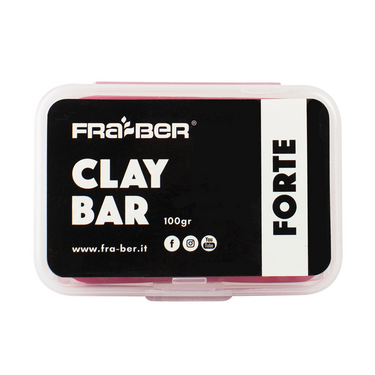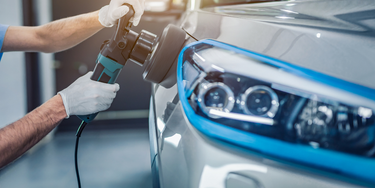
In the wonderful world of car detailing, there are numerous words and phrases that you may not understand, require more knowledge of or may not even be aware of. Words like swirls, limescale, cutting, finishing, buffing, beading, wax, hydrophobic and others. In this article we will dive into these terms and provide you with a comprehensive description of them, with the intention of teaching you something new or give you a better understanding if you already have an idea about them. So, grab your cup of coffee and get ready to impress your friends with all the newly gained knowledge you are about to acquire about car detailing!
Car Detailing Glossary
Swirls
Swirls are the circular-shaped scratches that are found on the paint and the bodywork of a car. Swirls are caused by incorrect washing and drying. When you clean the body of your car and rub the surface with cloths that have dirt on them, apply too much pressure or rub in a circular motion, swirls can form on your bodywork and paint. In most cases, swirls can be removed by polishing them out either by hand or with a machine polisher.

RIDS (Random Isolated Deeper Scratch)
RIDS are basically what it says in the name. RIDS are scratches which are deeper than swirls, usually in a linear shape (straight) and more difficult to remove. RIDS are caused by strong materials scratching the surface and penetrating deeply into the metal of a car. RIDS can occur from objects like metal, keys, rings and stones rubbing against the surface of a car. In most cases, they can be removed using a machine polisher. However, sometimes, the scratches can only be partially removed and may need more than polishing to correct.

Holograms
In car detailing, holograms are not those futuristic diagrams you see in sci-fi movies. Holograms, in detailing are the micro scratches, usually in a circular shape, caused by incorrect polishing. When someone polishes too abrasively and applies the incorrect amount of pressure, holograms appear on the surface. Holograms can be easily removed because they are not very deep and need to be polished out using correction polish.

Holograms on a Car
Correction
In detailing correction is the step in the polishing process where defects like swirls, RIDS and holograms are removed/corrected. This is usually done with a machine polisher.

Correction vs Swirls
Cutting
In car detailing, cutting is the process used to remove paint, clear coat or sealants off the surface of the vehicle. It is done using a coarse polishing pad, a cutting compound and a machine polisher. It is the first step of the polishing process.
Polishing
Similar to correction, polishing is the step whereby a polishing pad is used with a machine polisher to remove imperfections like swirls and scratches and is done after the cutting step.
Finishing
The final step, after cutting and polishing is finishing. Finishing is when a fine, polishing compound is used with a polishing machine to enhance the gloss and shine of the paintwork.

Clay Bar
A clay bar is a slab of clay that comes in various levels of hardness, used to decontaminate the body of a vehicle. A clay bar is rubbed onto a lubricated surface and when this happens, it picks up the dirt and debris from the bodywork and paint.

Quick Detailer
A quick detailer is a product that is used to clean, polish and protect a vehicle. It is an all-in-one product that cleans your car and gives it a good shine while providing a layer of protection (usually a sealant or wax). Quick detailer can also be used as a maintenance product for cars with ceramic coatings.

Decontamination
Decontamination is the process whereby a vehicle is prepped for polishing by ensuring it is properly cleaned using various cleaning methods like prewash, wash, iron remover, degreasing and clay bar treatment.

Wax
Wax is used to create a protective barrier and a deep shine, however, it does not last very long (1-3 months).
Sealant
Sealants last longer than waxes (about 6-12 months) and are easier to apply but do not have the glow and shine as waxes.
Polishing Pad
A polishing pad is used to polish, cut or finish. Polishing pads come in various forms like foam, microfibre and wool, depending on the task you require doing. Pads are attached to polishing machines or can be used by hand.

Microfibre
Microfibre is a soft material that is used in cloths and towels especially when it comes to car detailing. Micrfibre is a non-scratch and streak-free material, making it a crucial component when cleaning, protecting and maintaining the exterior and interior of a vehicle.

Fra-Ber Micron Up Microfibre Cloth
Dressing
Beading

Hydrophobic
Hydrophobic, in simple terms, means waterproof. In detailing, products like waxes, sealants and coatings have hydrophobic properties. This means that when applied on your vehicle, water will not stick to the surface and dry on it preventing limescale on the paint and bodywork.
Conclusion
In the wonderful world of car detailing, there are numerous words and phrases that you may not understand, require more knowledge of or may not even be aware of. Words like swirls, limescale, cutting, finishing, buffing, beading, wax, hydrophobic and others. Hopefully this article taught you something new or at least gave you a better understanding on things you already knew. Now take this newly acquired knowledge and go show off to your friends and family while sounding like a professional detailer or car enthusiast!

